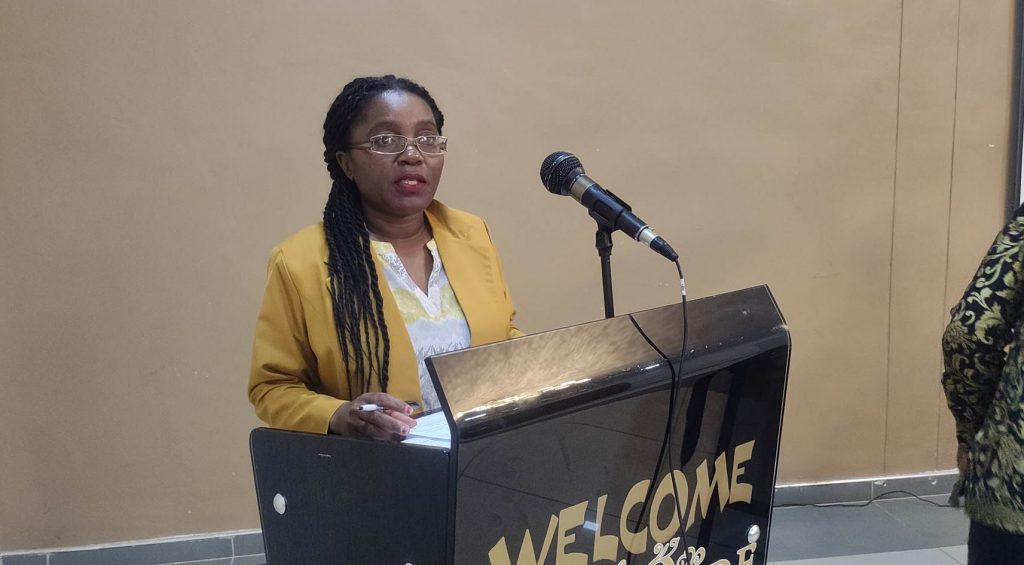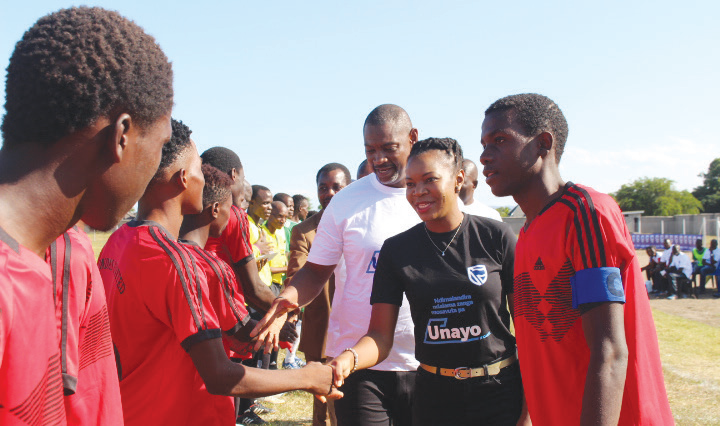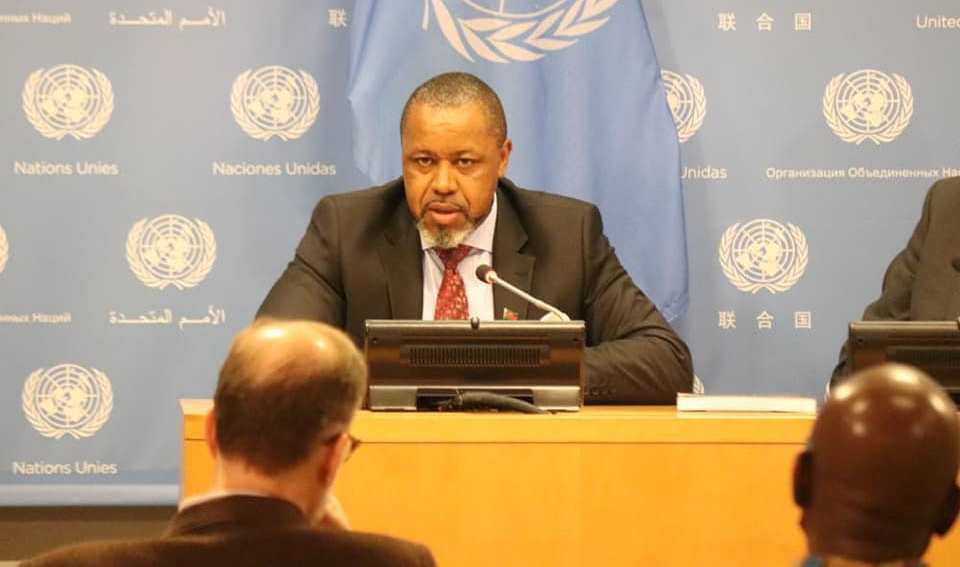International Labour Organisation says it will continue investing in social protection programmes to ensure sustainability of the programme in the country.
The organisation’s social protection technical officer Patience Matandiko said it was worrisome that at 90 percent, the majority of the funds for the programme come from donor countries whose economies are also facing various challenges to due Covid-19 and the conflict in Ukraine.
Matandiko: Government should increase domestic financing
The challenges, she said, could lead to restricted funding towards the programme in future.
Matandiko said this in Blantyre on the sidelines of a Media Institute of Southern Africa Malawi panel discussion on social protection in Malawi
She said: “From our side, we are promoting that government should continue progressively increasing domestic financing of social protection to ensure that there is assured sustainability of social protection to a certain extent.
“Social protection contributed to human development. Government should continue investing to realise sound comprehensive systems.”
Although Treasury has increased funding to the Social Cash Transfer Programme (SCTP) from K650 million in 2016/17 fiscal year to the K3 billion this year, one of the programmes partners, United Nations Children’s Emergency Fund (Unicef) said the amount is still not sustainable.
According to Unicef 2020/21 Social Protection Brief, the need to maintain the sector at the status quo, supporting only the bottom 10 percent of ultra-poor and labour-constrained households across the country with no seasonal and emergency top-ups, would cost approximately K24 billion.
In an interview, Ministry of Finance and Economic Affairs Department of Social Protection chief economist Yona Phiri said government plans to come up with the Social Support Fund to ring-fence resources used for social protection, including those from donors.
He said this will also be supported with the review of the Malawi National Social Support Programme phase two, which expires in 2023.
Unicef figures show that over 90 percent of the on-budget social protection resources are from donors. In relative terms, government has been contributing an average of five percent to the SCTP funding between fiscal years 2017/18 and 2018/19.
The post Social protection programme sustainability under scrutiny appeared first on The Nation Online.
 Moni Malawi
Moni Malawi 

